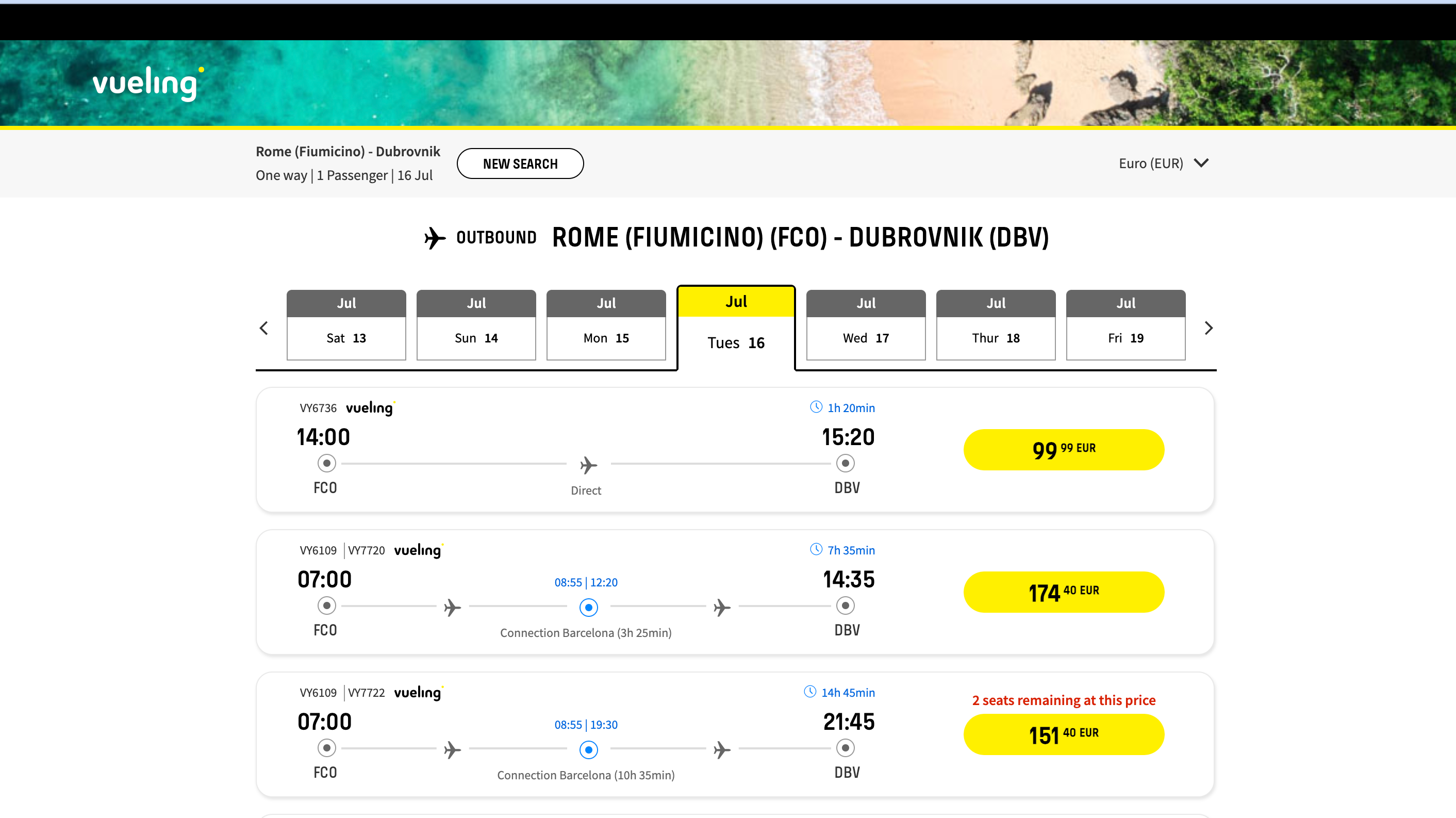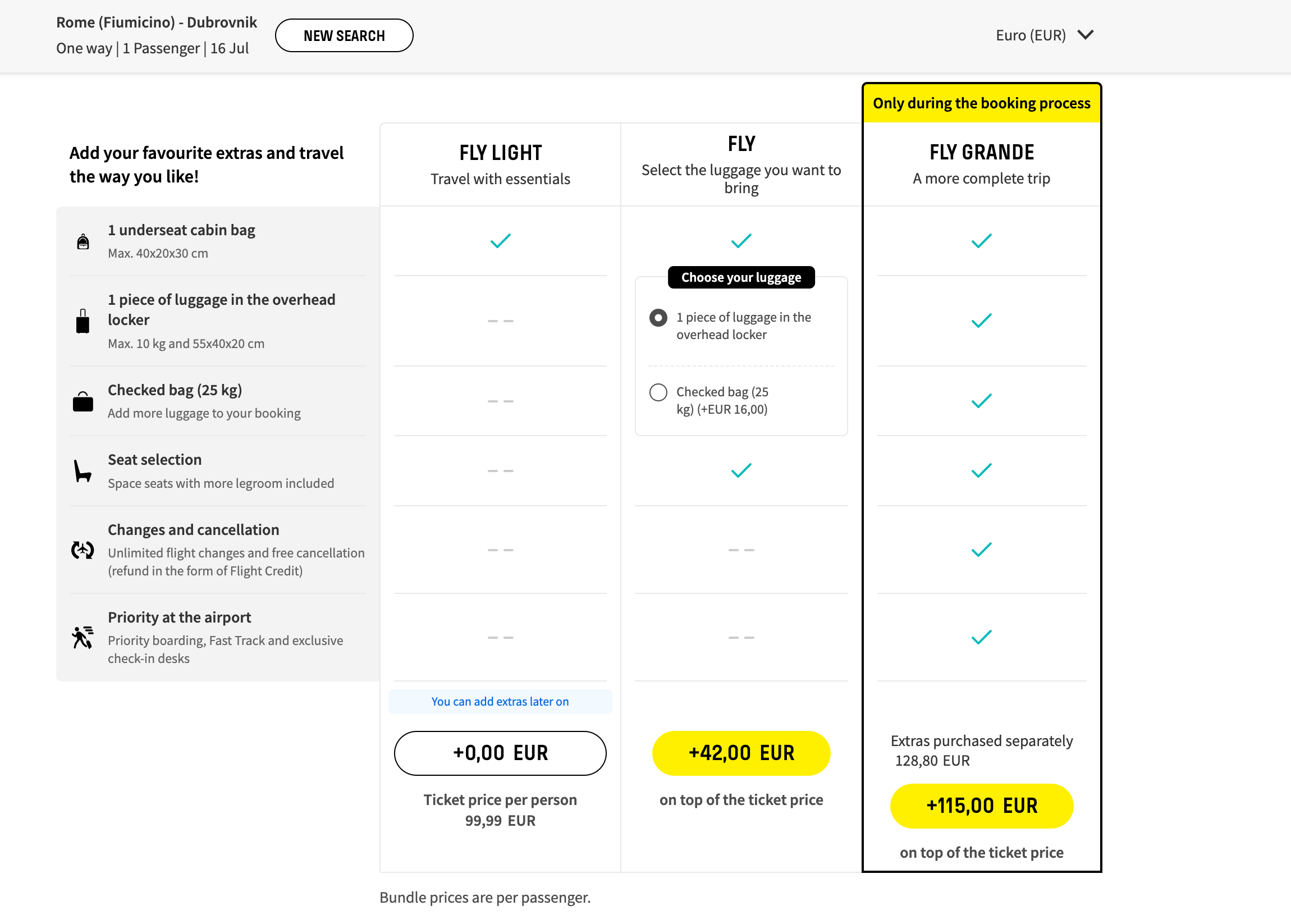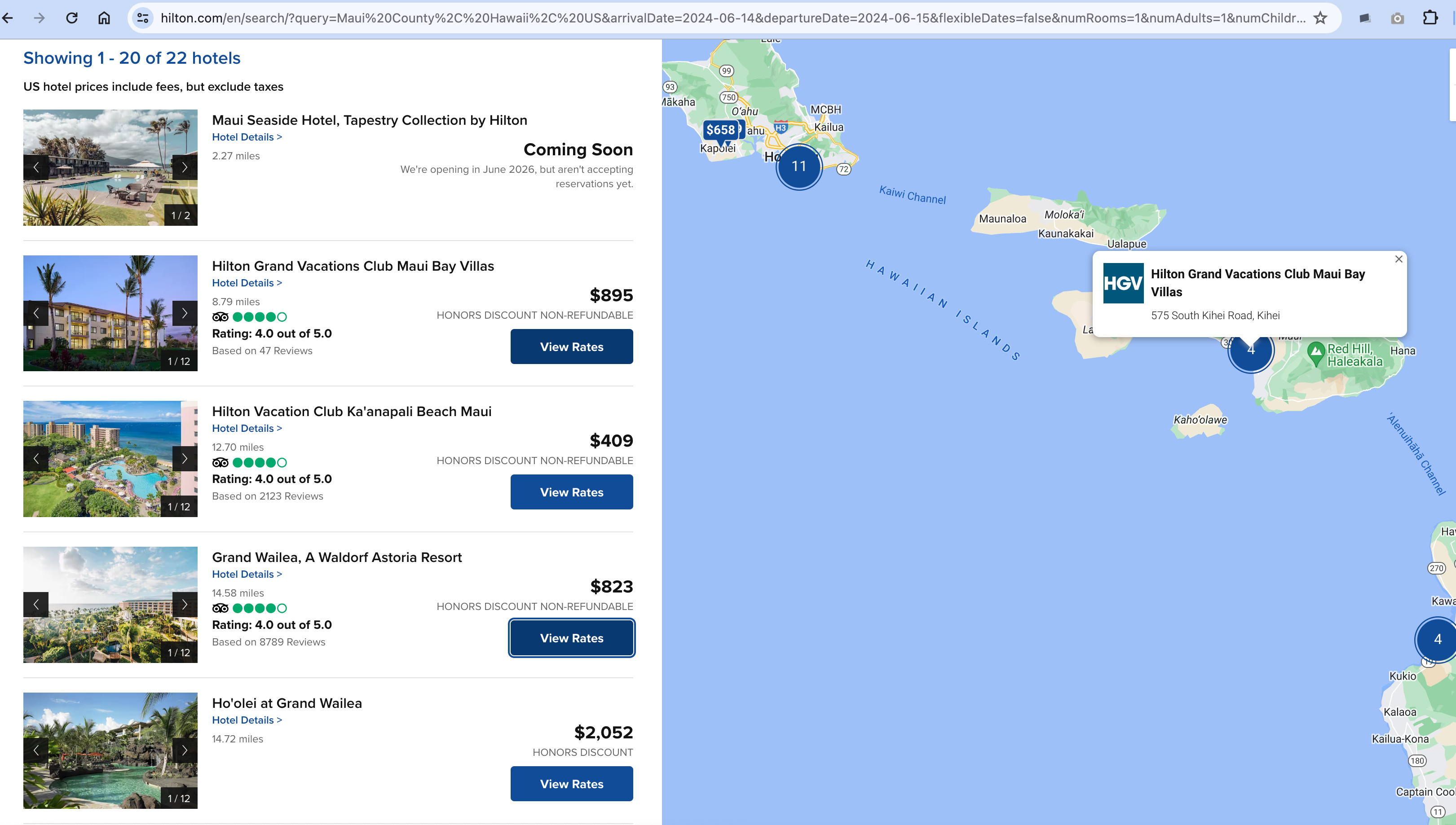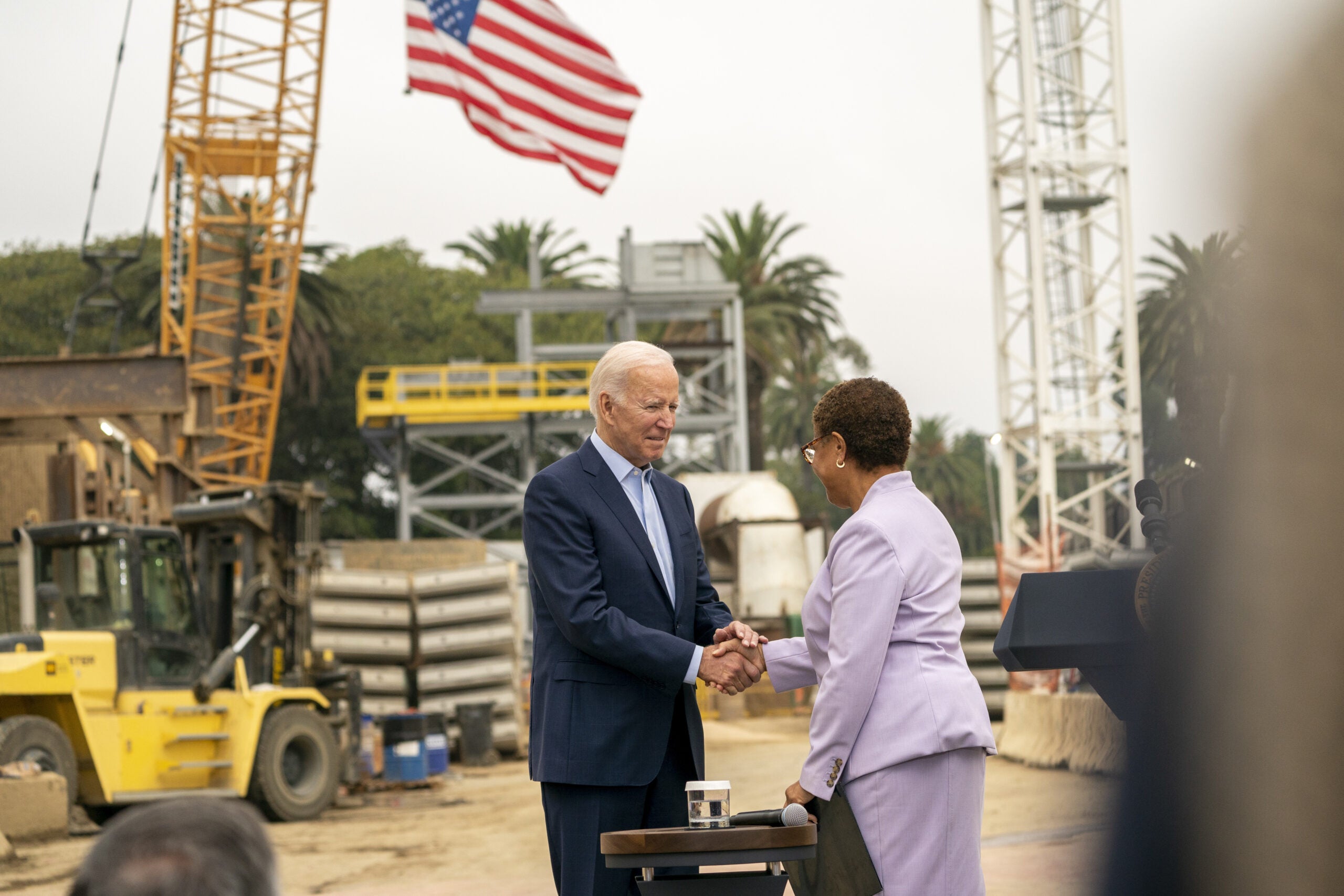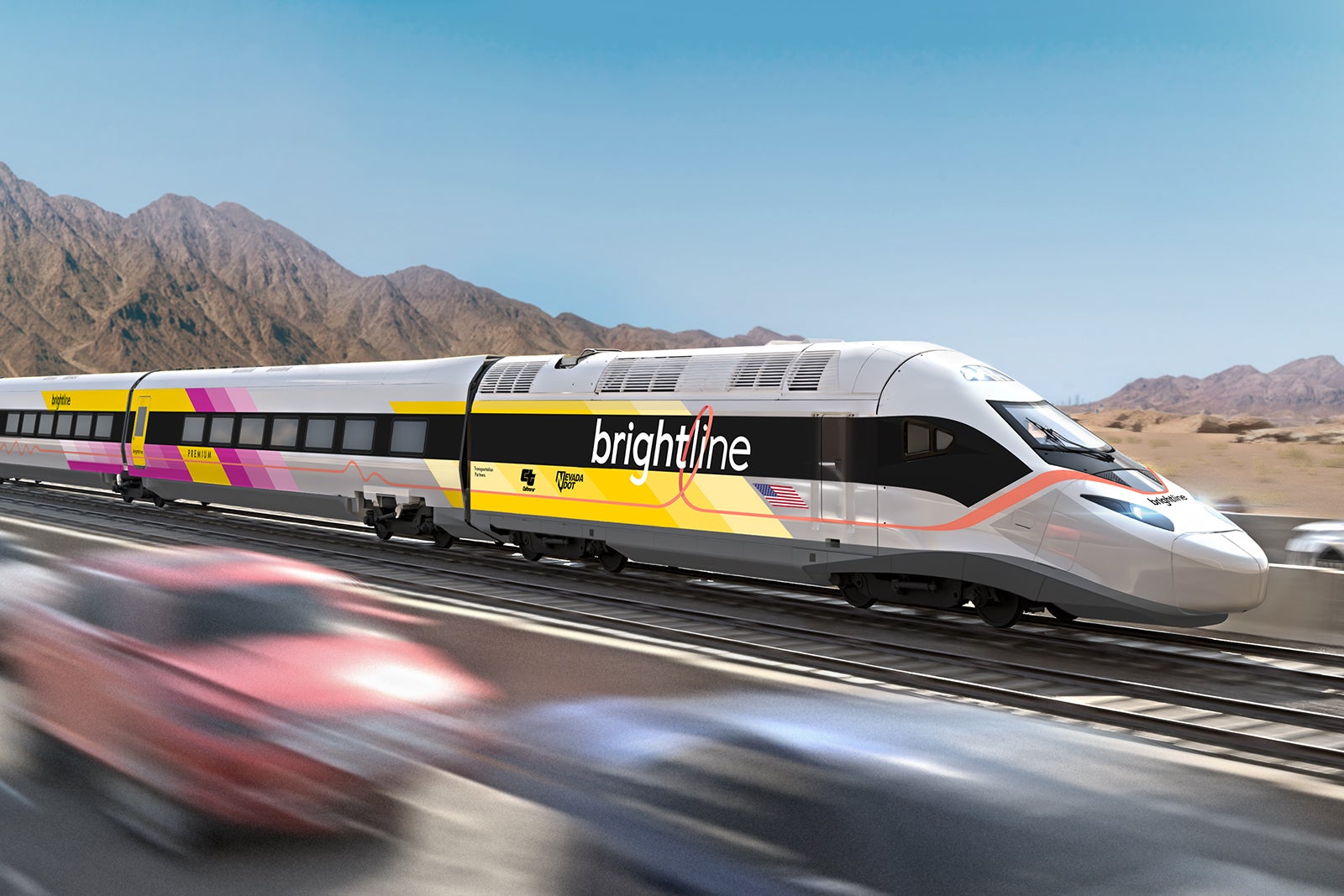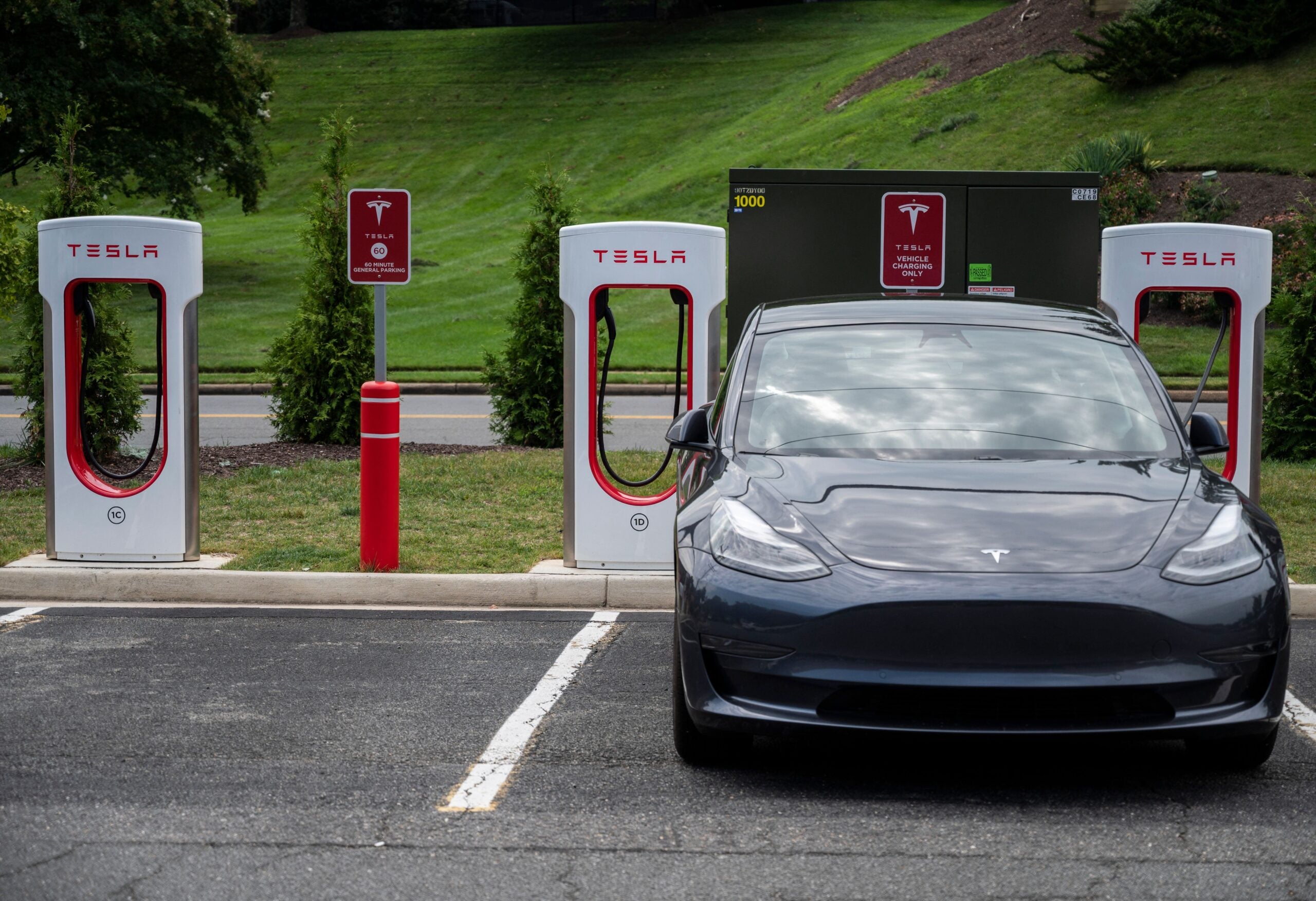As we head toward what’s expected to be another record-breaking summer travel season, the White House is intensifying its war on so-called junk fees.
In an interview with TPG, White House Council of Economic Advisers chair Jared Bernstein said the Biden administration has made some important progress on behalf of working families, but there is more work to be done.
That progress includes cracking down on junk fees, getting airlines to agree to more passenger protections, increasing price transparency and holding companies accountable for things like resort or destination fees.
“We’re not going to stop until every junk fee we know about is either repealed or at least elevated into the light,” Bernstein said.
The White House also took some time to discuss the progress they believe they’ve made on infrastructure projects, from new airport terminals to a rapidly expanding nationwide electric charging network.
Here are some of the highlights.
Price transparency
One of the biggest issues the White House has focused on is drip pricing. That term describes when the price you see when you go to buy something doesn’t turn out to be the final price of goods and services.
Take airline tickets, for example. I was shopping for a one-way flight from Rome to Dubrovnik this summer, and I found an attractive price on Google Flights. This led me to the booking page for Vueling, where I found a reasonable price of 99 euros (about $108) for a one-way flight.
However, when I went to book the ticket, all kinds of add-on fees brought the final ticket price to 215 euros (more than $265). That’s the kind of pricing problem the White House is eager to tackle.

Daily Newsletter
Reward your inbox with the TPG Daily newsletter
Join over 700,000 readers for breaking news, in-depth guides and exclusive deals from TPG’s experts
“I’m an economist, and I’ll tell you one thing that we know is that price transparency matters,” Bernstein said. “If people can’t see what the real prices of things are, that screws up the whole competitive nature of economies, and it leads to higher costs, higher inflation. Everything we’re working against.”
Bernstein gave an example from his own recent experience when he and his wife went to a comedy club. Tickets cost $30, but upon receiving the bill, he saw they were charged $35 each; the price included a $5 “entrance” fee. They were able to get the additional $5 fee taken off the bill, but many Americans aren’t having such luck.
“One of the things that any economist, I don’t care what side of the aisle you on you’re on, will agree is that price signals are really important, and these junk fees jam price signals,” he said. “That is bad for the economy. It’s bad for consumers, and President Biden isn’t going to stand for it.”
In fact, the Department of Transportation recently finalized a rule requiring airlines to display the full cost of a flight upfront, including bag and seat assignment fees.
Airlines would have to display that pricing information “clearly, conspicuously, and accurately” the first time the fare and schedule information is provided.
The airlines are not happy and have teamed up (with the notable exception of Southwest) in a lawsuit against the DOT, calling the rule unfair and “arbitrary.”
The White House said it couldn’t comment on pending legislation.
“The final rule is part of the president’s broader agenda to lower costs and protect consumers. We view that as completely consistent with his elevation of these junk fee issues — something [the president has] been hitting hard on now for quite a number of months.”
Indeed, the Biden administration has also targeted big banks, finalizing a rule recently to cap credit card late fees. The administration is targeting many other fees as well, including things like title insurance.
“That may sound kind of obscure,” Bernstein said, “but that’s another area where people end up spending hundreds of dollars in ways that often have junky characteristics. We are so not done with this.”
He also pointed out how major airlines are voluntarily changing policies to provide free meals and hotels to travelers affected by preventable flight delays and cancellations. He attributed that, in part, to pressure from the White House.
Related: Here are your rights as a passenger when things go wrong
A crackdown on resort fees
It’s not just airlines and banks being held to higher standards. The administration is also targeting hotel and resort fees. These extra costs are called “destination,” “resort,” or even “urban” fees, and they can add quite a bit of mandatory cost to your hotel stay. These charges get tacked on to your bill and even get their own taxes and fees assessed.
For example, here’s the booking page for Hilton Maldives Amingiri Resort & Spa in the Maldives, which shows a rate of $862 a night. However, when you get to the final booking page, you see each night will actually cost you $1,107.14 once you include the taxes and the mandatory fees.
1 of 2
Booking page for Hilton Maldives Amingiri Resort & Spa. HILTON
The White House wants this kind of situation to stop.
There has been progress, though. Hilton, Hyatt and Marriott will now display resort fees in the booking window … at least for hotels and resorts in the U.S. The screenshot below shows the price with the resort fees included (though not the taxes and fees on those resort fees).
They are still not as transparent on international bookings.
The major hotel chains have gotten better at posting resort fees due to pressure from consumers, thanks to lawsuits filed against hotel groups in some states. For example, Marriott settled with the state of Pennsylvania, which had sued the hotel chain over how it was displaying (or not displaying) resort fees. Marriott agreed to show the fees in future bookings, and now the major hotel chains have all followed suit. (Again, this applies to hotels in the U.S.)
Related: Here’s how to avoid paying resort fees
But the White House says its pressure campaign against big corporations is also paying dividends when it comes to things like resort fees.
Bernstein pointed to how Biden called on hotels to stop surprise fees in his 2023 State of the Union address. Bernstein said those fees were costing Americans more than $3 billion a year. At the time, Biden himself called them “junk fees.”
“The one thing I’ll say here more broadly is that sometimes people say, ‘Oh, the bully pulpit doesn’t do that much.’ Well, in fact, when the president stands up and talks about this, we’ve gotten a lot of voluntary compliance by companies who either kind of know they’re not doing the right thing or by companies who realize they’ve been called out, and they better start doing the right thing,” Bernstein said.
He reminded me of the phrase, “Sunshine is the best antiseptic.”
Bernstein said he believes Biden is helping to shed light on these issues and put such fees in the past.
Infrastructure spending
The White House also told TPG that infrastructure dollars were flooding into America thanks to the bipartisan infrastructure bill signed into law in 2022; it included some $25 billion for airport improvements alone.
Bernstein points to the tens of millions of dollars already allocated for projects like the modernization of Orlando International Airport (MCO).
Bernstein said $9 billion has been allocated so far. “That’s pretty fast money out the door for this sort of thing. These are modernization projects. They include terminal expansions and baggage system upgrades,” he said.
He also pointed to airport infrastructure grants for air traffic control facilities.
“We have a very broad agenda. All of this is trying to make the transportation experience for people safer, less expensive and less interrupted by cancellations and other sorts of disruptions,” he said.
The administration also wanted to draw attention to the flood of money heading to rail projects from coast to coast, including $8.2 billion in new funding for 10 major passenger rail projects and other rail infrastructure.
Bernstein was especially excited about the $6 billion from the government for high-speed rail in California and Nevada.
Related: Brightline to connect Los Angeles and Las Vegas
Finally, the administration pointed to the huge push to get a nationwide electric vehicle charging network in place ahead of schedule. He compared it to building a new network of gas stations.
“The national public EV charging network is now at 175,000, and we’re ahead of schedule to meet our goal of 500,000 EV charging stations,” Bernstein said. “Since Biden took office, we have about 1,000 new charges coming online every week.”
Bernstein explained that the pace is increasing, and the program is ahead of its target, according to the U.S. Department of Energy.
Bottom line
If Biden wins a second term, you can bet that junk fees and infrastructure will remain key issues for the federal government.
Bernstein said that Biden’s measures will have a lasting impact even after he leaves office, which “makes a tremendous difference for the long-term health of our economy, for jobs, for the environment and for the productivity of the nation.”
He explained that Biden is passionate about fixing such price issues because the president heard his family discuss them in everyday conversation growing up.
“Tens of millions of consumers will benefit from voluntary efforts by online ticket sellers, apartment rental sites, short-term rental food sites and delivery sites to provide all-in pricing,” Bernstein said. “We’ve actively been seeking these junk fees, and we have a long list to go.”
Related reading:

